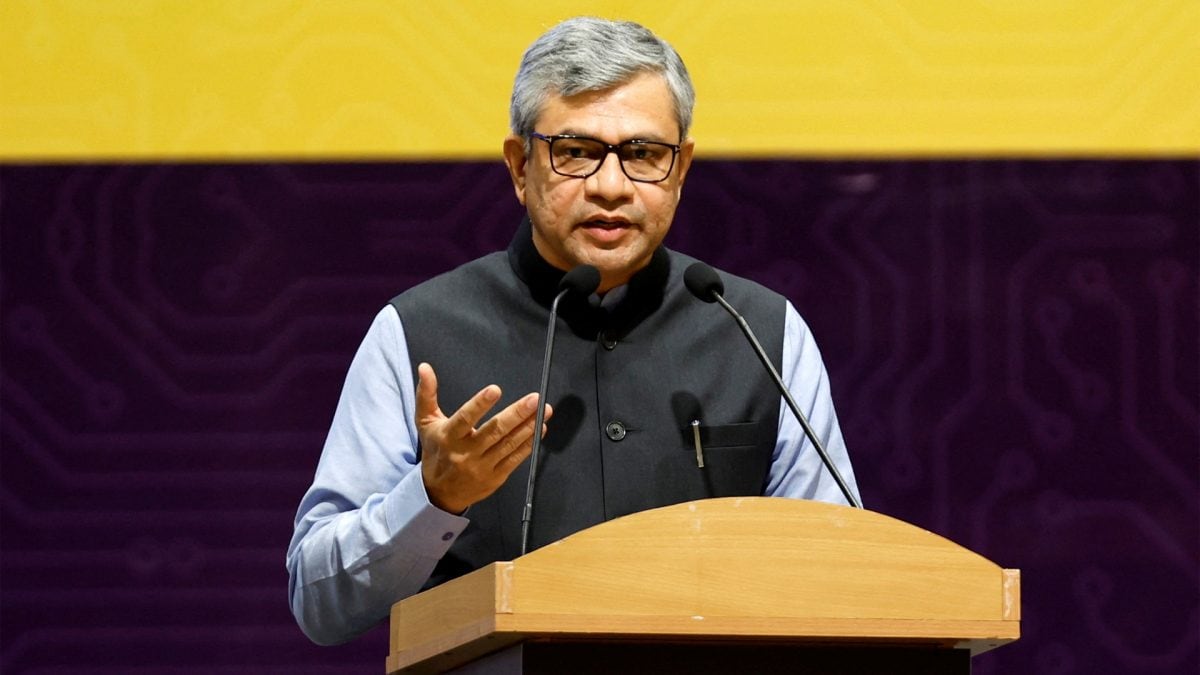

The Union Cabinet, led by Prime Minister Narendra Modi, has given its approval for setting up four new semiconductor manufacturing units with a total investment of ₹4,600 crore. This decision, made on Tuesday, significantly boosts India's domestic chip production and strengthens its position in the global semiconductor supply chain.
With this recent approval, the total number of projects approved under the India Semiconductor Mission (ISM) now stands at 10, encompassing a total investment of ₹1.60 lakh crore across six states. These projects are geared towards meeting the increasing demand for semiconductors in various sectors, including telecommunications, automotive, data centers, consumer electronics, and industrial electronics. The establishment of these units is also expected to generate numerous direct and indirect job opportunities. Specifically, these projects are expected to create 2,034 skilled jobs, in addition to the indirect jobs created within the electronics manufacturing ecosystem.
Out of the four newly approved units, two will be located in Odisha, while Andhra Pradesh and Punjab will each host one. The companies involved in these projects are SiCSem, Continental Device India Pvt. Ltd (CDIL), 3D Glass Solutions Inc., and Advanced System in Package (ASIP) Technologies.
In Odisha, SiCSem, in collaboration with UK-based Clas-SiC Wafer Fab Ltd., will establish India's first commercial compound semiconductor fabrication facility in Bhubaneswar. This plant will specialize in manufacturing silicon carbide (SiC) devices, with a production capacity of 60,000 wafers and 96 million packaged units annually. These SiC devices cater to applications in electric vehicles, solar inverters, defense systems, and data centers. The other unit in Odisha, by 3D Glass Solutions Inc., will focus on advanced packaging and embedded glass substrate manufacturing, utilizing technologies like glass interposers, silicon bridges, and 3D Heterogeneous Integration modules. This facility aims to produce 69,600 glass panel substrates, 50 million assembled units, and 13,200 3D Heterogeneous Integration modules per year, serving sectors like defense, high-performance computing, artificial intelligence, and photonics.
Continental Device India Private Limited (CDIL) will expand its Mohali facility in Punjab. The expansion will enable the production of 158.38 million units of high-power discrete semiconductors annually, including MOSFETs, IGBTs, Schottky bypass diodes, and transistors. These semiconductors will cater to electric vehicle systems, renewable energy projects, industrial applications, and communication infrastructure. The location for the fourth unit, belonging to Advanced System in Package (ASIP) Technologies, will be in Andhra Pradesh.
The establishment of these semiconductor units aligns with the government's vision of "Atmanirbhar Bharat" (self-reliant India) and is expected to significantly reduce the country's reliance on imports for essential electronic components. Furthermore, these initiatives will complement India's growing chip design capabilities, supported by government-funded infrastructure at 278 academic institutions and 72 start-ups. The approved projects will strengthen India's position in the global semiconductor supply chain. The country is also expected to witness the rollout of its first made-in-India chip very soon, as six semiconductor plants are already under construction in Gujarat, Assam and Uttar Pradesh.